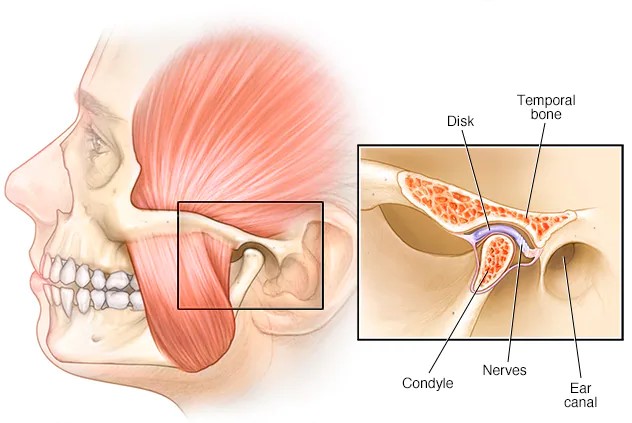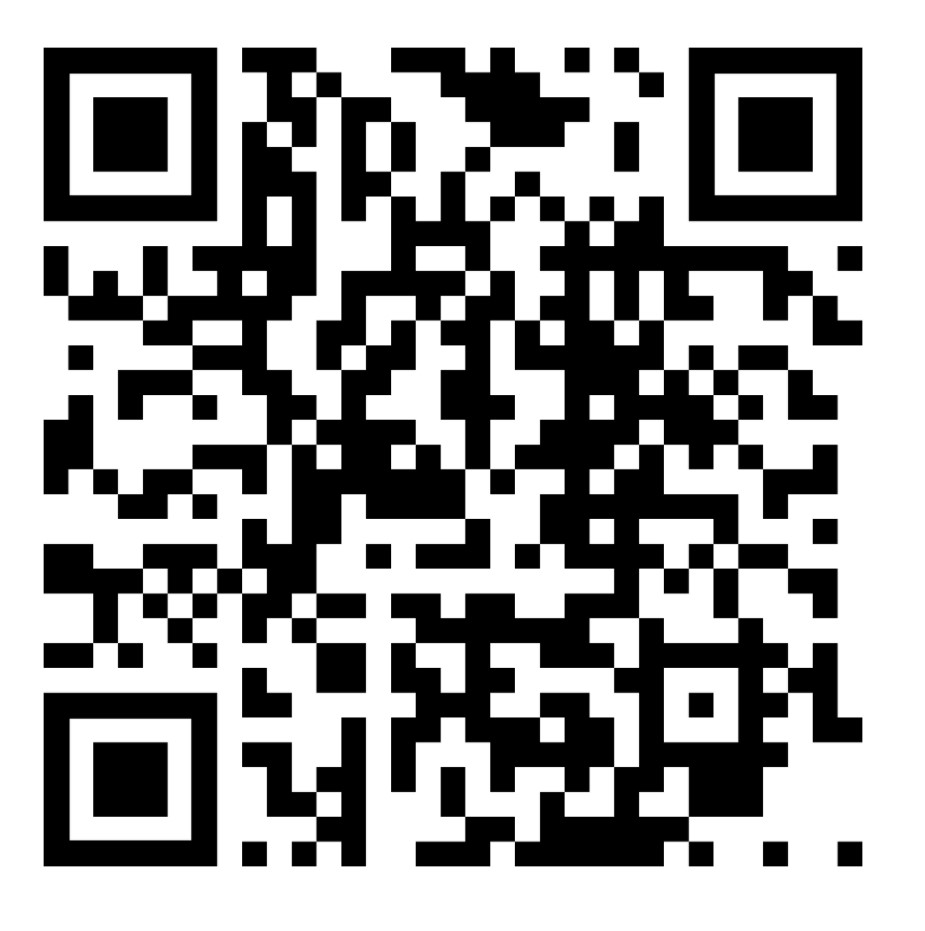TMJ Dysfunction
The TMJ, or temporomandibular joint, is a complex joint that connects the jawbone to the skull.
TMJ Dysfunction
TMJ Dysfunction (TMD) causes pain and tenderness in your jaw joints and surrounding muscles and ligaments. Causes include teeth grinding, jaw injuries, arthritis and everyday wear and tear. TMJ treatment varies from person to person and may include medication, physical therapy, custom mouth guards and jaw surgery.
TMJ disorders are a group of conditions that affect the TMJ and the muscles that control it. These disorders can cause a variety of symptoms, including:
- Pain in the jaw, face, or neck
- Clicking, popping, or grating noises in the jaw
- Difficulty opening or closing the mouth
- Stiffness or soreness in the jaw
- Headaches
- Earaches
- Dizziness
How are TMJ Dysfunction diagnosed and treated?

Your doctor will diagnose TMJ Dysfunction based on your medical history, symptoms, and a physical examination. They may also order imaging tests, such as an X-ray or MRI, to get a better look at the TMJ.
Treatment for TMJ disorders depends on the severity of your symptoms and the underlying cause of your condition. Treatment options may include:
- Rest and relaxation
- Ice or heat therapy
- Over-the-counter pain relievers
- Muscle relaxants
- Anti-inflammatory medications
- Mouth guards
- Physical therapy
- Surgery
Restore your confidence, stability, and oral health with our TMJ Dysfunction solutions.
Video courtesy to Lassus Tandartsen.
Frequently Asked Questions
What should I eat before the procedure?
Stick to soft foods like yogurt, applesauce, or mashed potatoes in the hours leading up to your appointment. This will make it easier to eat afterwards when your jaw may be sore.
Avoid hard, crunchy, or chewy foods that could irritate your TMJ.
If you have any dietary restrictions, be sure to discuss them with your dentist beforehand.
What medications should I avoid before the procedure?
Some medications, such as blood thinners or aspirin, can increase your risk of bleeding during the procedure. Be sure to tell your dentist about all the medications you are taking, including over-the-counter medications and supplements. Your dentist may advise you to stop taking certain medications before the procedure.
What can I expect after the procedure?
You may experience some pain, swelling, and stiffness in your jaw after the procedure. This is normal and should gradually improve over the next few days. Your dentist will give you specific instructions on how to care for your TMJ after the procedure. This may include applying ice packs to your jaw, taking pain medication, and following a soft diet.


